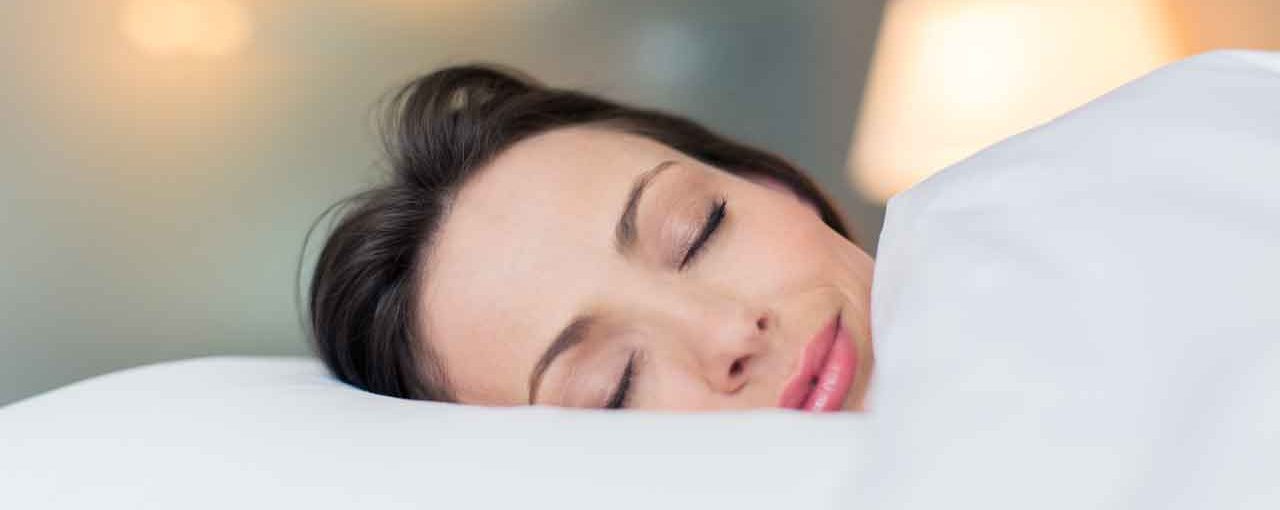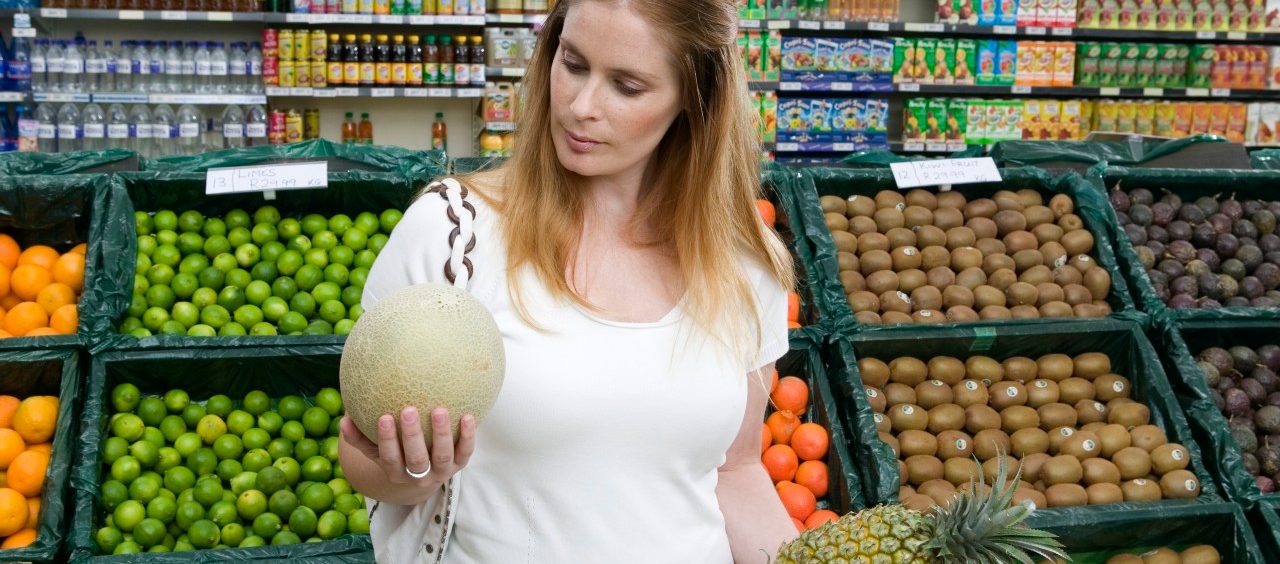November 17, 2017
Foods That Help You Sleep

Few things frustrate me more than being bad at sleeping. Yup, you read that right. I'm bad at sleeping. What does one have to do to go to sleep? Turn off the lights, lay in bed with your eyes closed, and then turn your brain off. It's so simple, it's complicated. Especially when scrolling through your news feed on your smartphone at 11:03 p.m. leads you down a rabbit hole of videos, memes, online deals, and Snapchat shenanigans. Next thing you know, it's 1:15 a.m., and you know way too much about new age nootropics, Kylie Jenner's pregnancy, and your ex's new girlfriend.
YOU MIGHT ALSO LIKE: How to Sleep Better
On particularly restless nights when I already know I'm too wired to fall and stay asleep, I have to admit, I need to take an over-the-counter sleep aid (such as Benadryl or Unisom), but that is no way to live! For the sake of living a minimally pharmacologic life, I have to source my sleep aid from the food I eat every day. You can, too, if you keep these nutrients in foods that help you sleep.
- Magnesium. This nutrient plays a key role in hydration, energy production, muscle relaxation, and deactivation of adrenaline. While studies haven't exactly confirmed the direct relationship between higher levels of magnesium and more sleep, the effects of not having enough magnesium, such as muscle tension, cramping, and racing thoughts are enough reasons to have more of it on a daily basis. Sources of magnesium include soy, bananas, dried apricots, avocados, spinach, whole grains, milk, almonds and cashews. I've also found taking hot Epsom salt baths to be very soothing, especially when I'm all sore from work or the gym.
- Tryptophan. This essential amino acid (Meaning, the body cannot naturally synthesize it) is essential to serotonin production, which is then essential to melatonin production. Sources of tryptophan include: seeds and nuts; soy, lamb, beef, pork, and game; chicken and turkey; uncooked oat bran and oats; beans, lentils, and eggs.
- Carbohydrates. The term "carb coma" comes from the fact that carbohydrates stimulate insulin production, which about 4 hours later can make you feel sluggish and may help you wind down easier. Carbs also enhance blood levels and absorption of tryptophan across the blood-brain barrier, which boosts serotonin and melatonin production. While simple sugars such as those in fruit and refined grains work fine, I recommend snacking on a tryptophan-rich protein with a complex carbohydrate for an extended release effect. Examples of complex carbohydrates include: whole wheat bread, non-starchy vegetables, such as carrots, asparagus, pea pods, bean sprouts; and popcorn.
- Vitamin D. The body can produce vitamin D on its own, with big help from the sun! Just like with magnesium, more vitamin D doesn't necessarily make you sleep, but we're certain low levels can cause decreased sleep time, decreased sleep efficiency, and increased daytime sleepiness. Getting enough sun also helps normalize your circadian rhythm. Foods rich in vitamin D include: salmon, herring, sardines, cod liver oil, canned tuna, shrimp, egg yolk, mushrooms, and many fortified items.
A handful of other nutrients in foods that help you sleep include calcium, selenium, and potassium. If you're already eating a balanced diet every day, you shouldn't have much trouble making little adjustments to your diet to get more sleepy-time nutrients, as they are present in a lot of common food items. If you're still particularly bad at sleeping, like me, consider taking a natural supplement before bed. Combine this with a good diet, regular exercise, and better sleeping habits, such as sleeping far away from your mobile phone, and you should have an easier trip to Dream Land.
No two insomniacs are alike! What are your go-to sleepless remedies?

